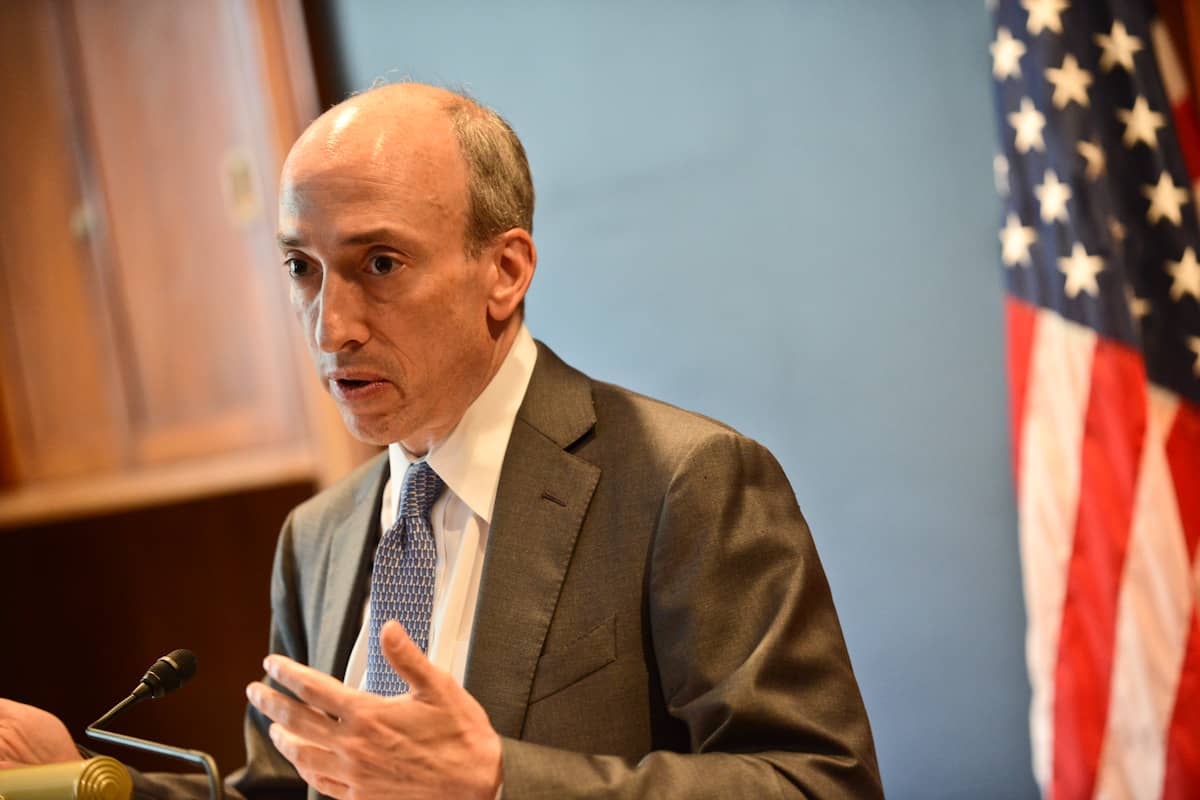Will Gary Gensler Resign From the U.S. SEC?
22.07.2024 20:00 1 min. read Alexander Stefanov
The current U.S. SEC Chair Gary Gensler has been quite troublesome for the cryptocurrency industry and the vast majority of the community want him replaced.
Markus Thielen, founder of 10X Research, forecasts that Gary Gensler, Chair of the US Securities and Exchange Commission (SEC), is likely to resign in early 2025.
This prediction follows President Joe Biden’s decision to withdraw from the 2024 presidential race, where he was significantly behind Donald Trump.
Thielen’s analysis suggests that SEC chairs typically resign when a new administration takes office. With Biden out of the race, the anticipated shift towards a pro-crypto administration could prompt Gensler’s departure before his term officially ends in June 2026.
Historical precedents show that SEC chairs often step down with changes in the presidential administration, as seen with previous chairs Mary Jo White and Christopher Cox.
Amid these political shifts, Donald Trump remains a leading figure, and speculation is rising about his potential policies. Thielen believes that Trump’s continued lead in the race might lead him to designate Bitcoin as a strategic reserve asset, which could drive a significant increase in Bitcoin’s price.
Currently, Bitcoin is trading around $67,294, showing a 7% increase over the past week despite recent market corrections.
-
1
Weekly Recap: Key Shifts and Milestones Across the Crypto Ecosystem
06.07.2025 17:00 4 min. read -
2
Trump Imposes 50% Tariff on Brazil: Political Tensions and Censorship at the Center
10.07.2025 7:00 2 min. read -
3
Key Crypto Events to Watch in the Next Months
20.07.2025 22:00 2 min. read -
4
USA Imposes Tariffs on Multiple Countries: How the Crypto Market Could React
08.07.2025 8:30 2 min. read -
5
UAE Regulators Dismiss Toncoin Residency Rumors
07.07.2025 11:12 2 min. read
Two Upcoming Decisions Could Shake Crypto Markets This Week
The final days of July could bring critical developments that reshape investor sentiment and influence the next leg of the crypto market’s trend.
Winklevoss Slams JPMorgan for Blocking Gemini’s Banking Access
Tyler Winklevoss, co-founder of crypto exchange Gemini, has accused JPMorgan of retaliating against the platform by freezing its effort to restore banking services.
Robert Kiyosaki Warns: ETFs Aren’t The Real Thing
Renowned author and financial educator Robert Kiyosaki has issued a word of caution to everyday investors relying too heavily on exchange-traded funds (ETFs).
Bitwise CIO: The Four-Year Crypto Cycle is Breaking Down
The classic four-year crypto market cycle—long driven by Bitcoin halvings and boom-bust investor behavior—is losing relevance, according to Bitwise CIO Matt Hougan.
-
1
Weekly Recap: Key Shifts and Milestones Across the Crypto Ecosystem
06.07.2025 17:00 4 min. read -
2
Trump Imposes 50% Tariff on Brazil: Political Tensions and Censorship at the Center
10.07.2025 7:00 2 min. read -
3
Key Crypto Events to Watch in the Next Months
20.07.2025 22:00 2 min. read -
4
USA Imposes Tariffs on Multiple Countries: How the Crypto Market Could React
08.07.2025 8:30 2 min. read -
5
UAE Regulators Dismiss Toncoin Residency Rumors
07.07.2025 11:12 2 min. read


